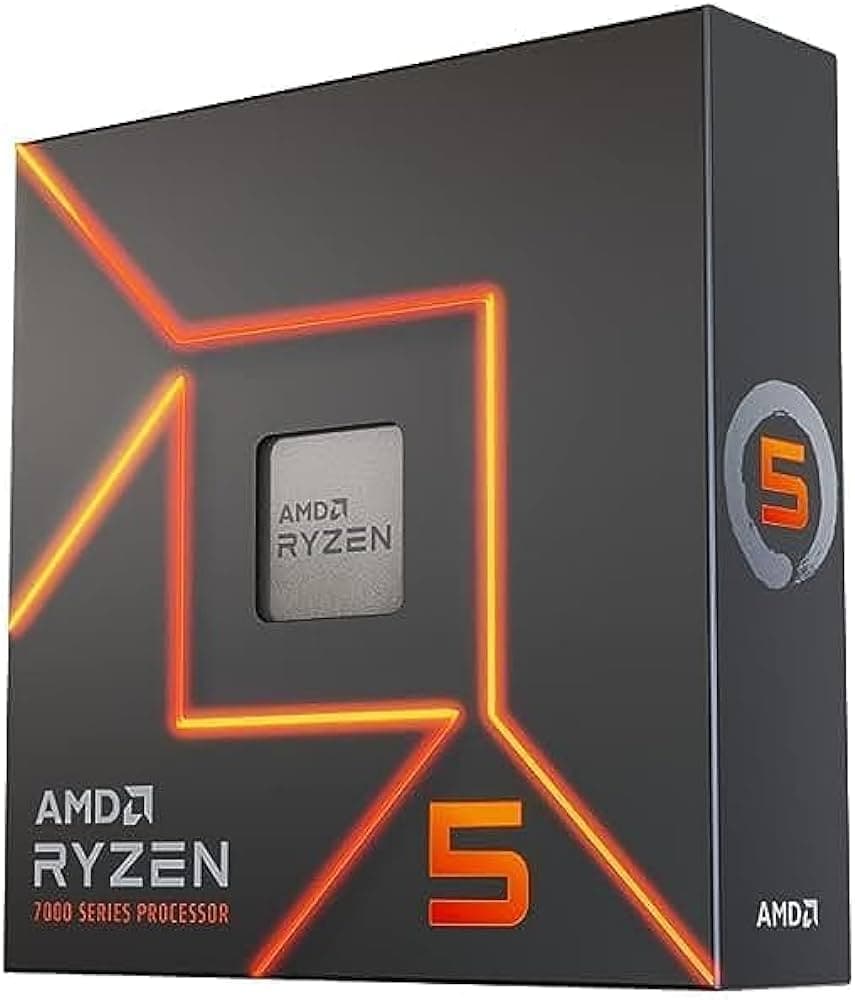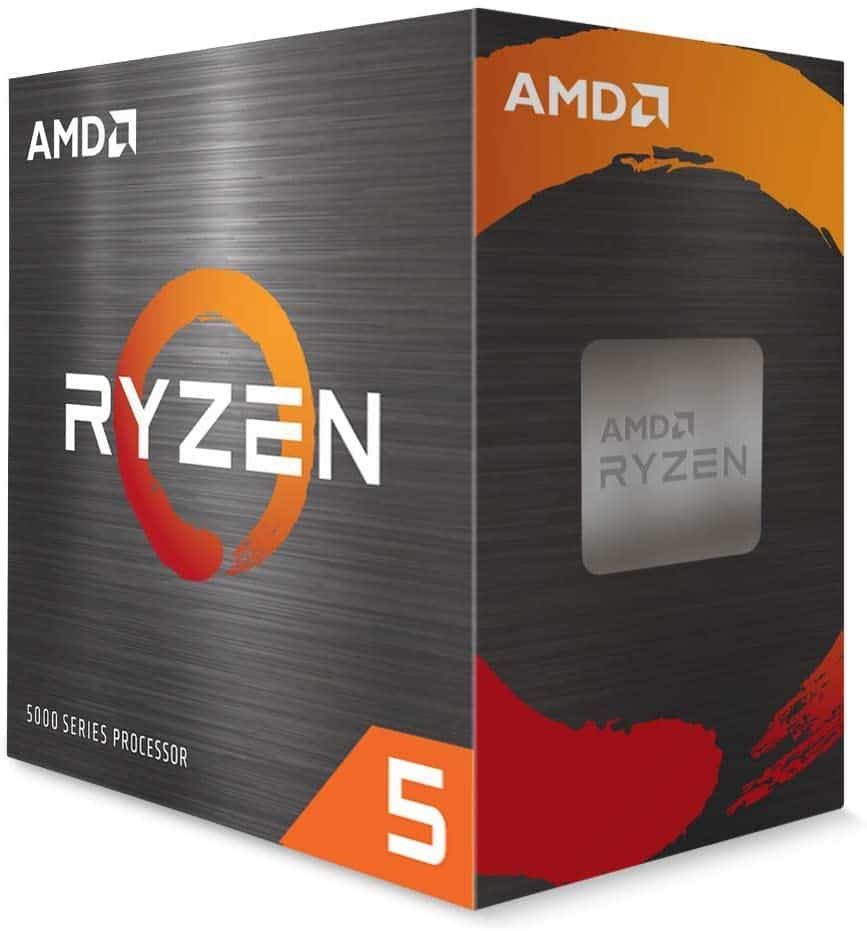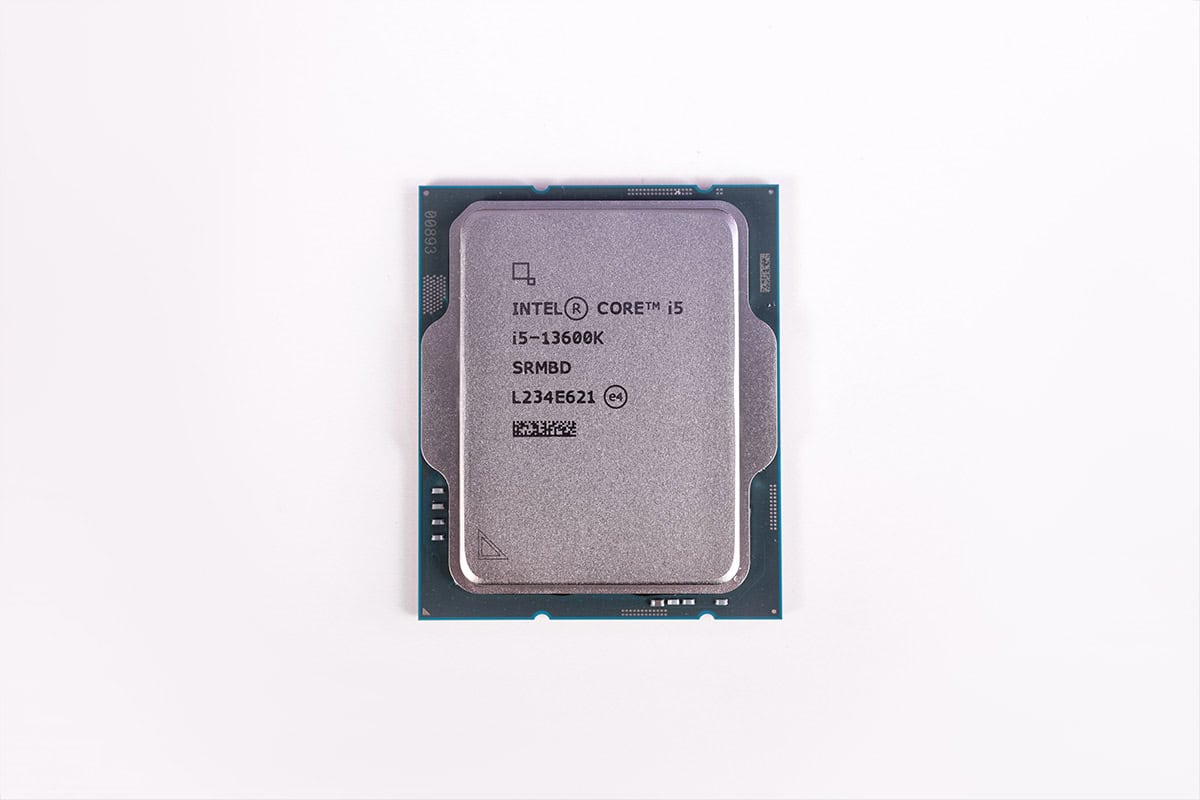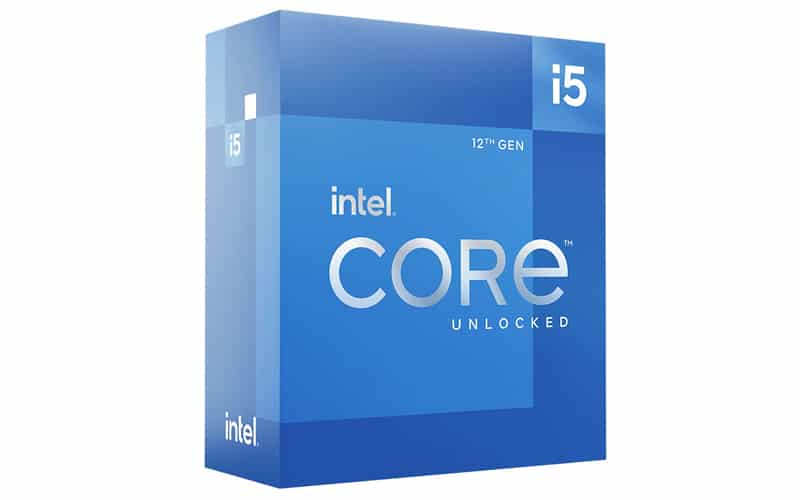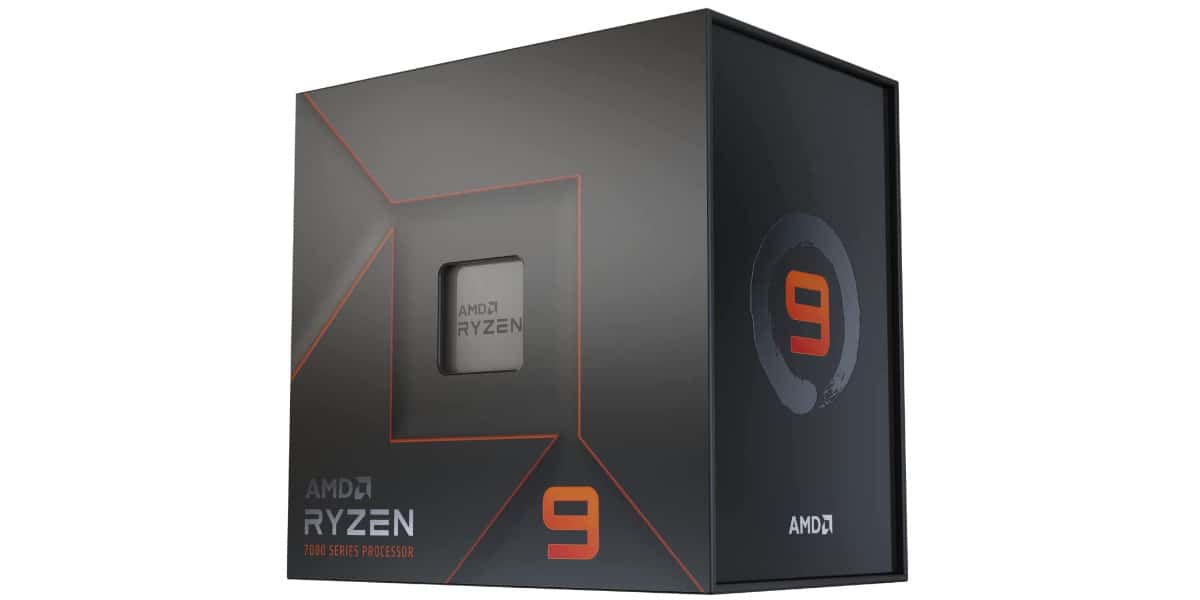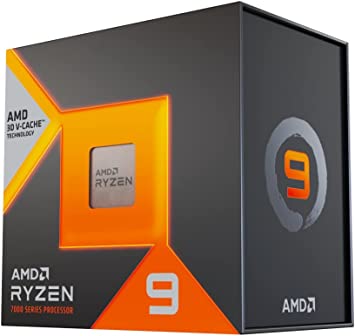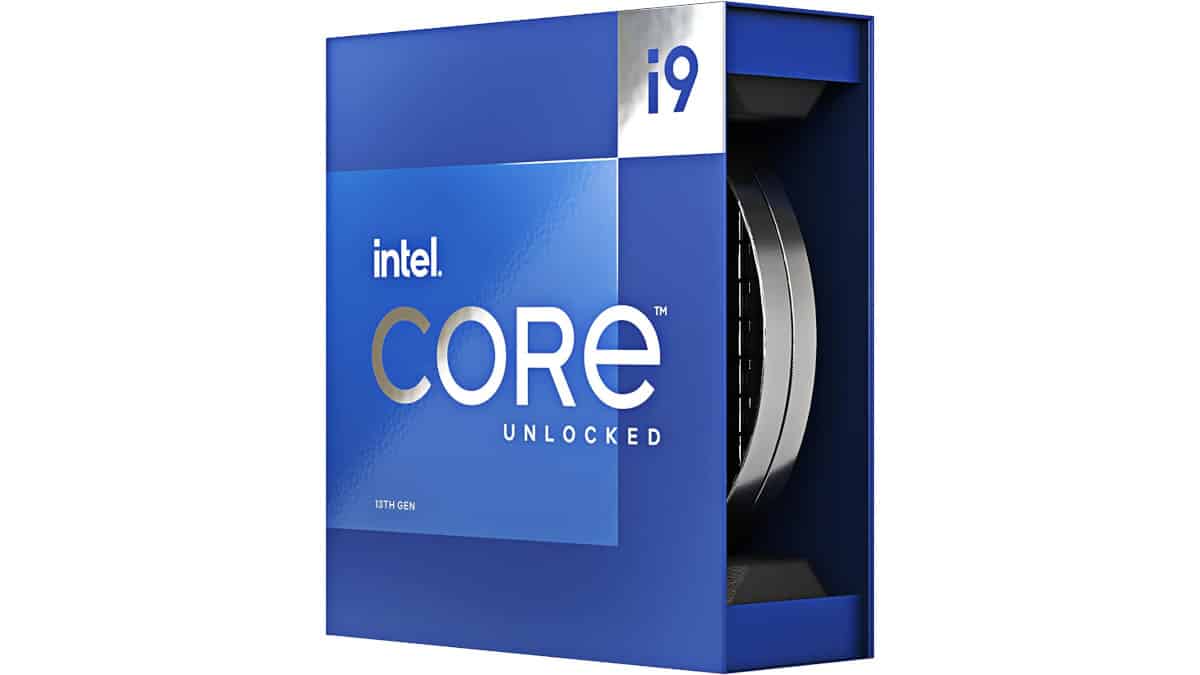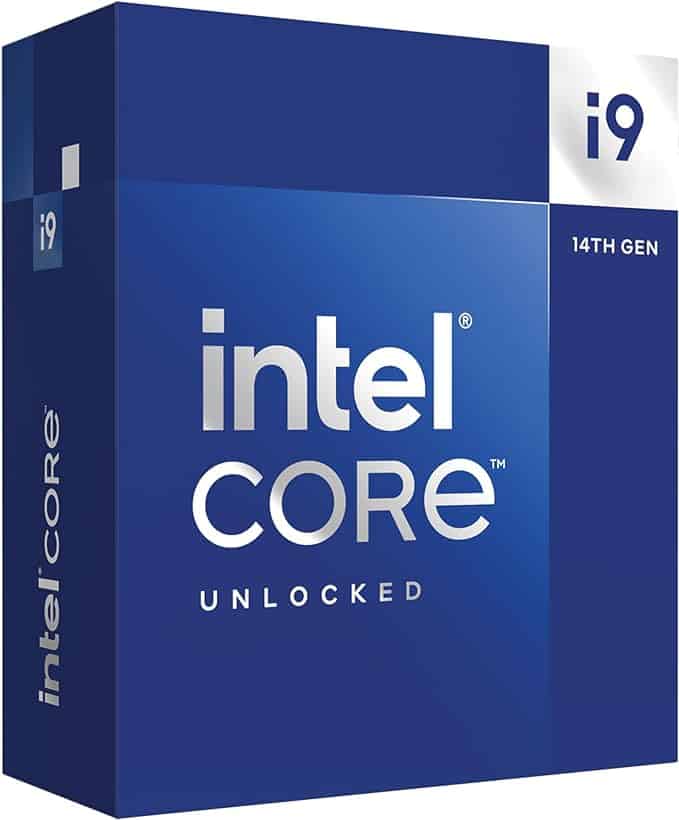Ryzen 5 9600X vs. Ryzen 9 7950X, can the entry-level Zen 5 CPU stand against the Zen 4 powerhouse?

Table of Contents
The Ryzen 5 9600X has now launched, and you can get it from Amazon. Or, you can check out our where to buy 9600X page if you want to explore more options. But if you want to find out how it performs, you can read our 9600X review to decide if you want one.
The Zen 5 architecture is the talk of the town, and many are wondering how much of a difference there will be between the generations. So, in this article, we'll put the entry-level Ryzen 5 9600X against the most powerful CPU of the 7000 series, Ryzen 9 7950X.
AMD Ryzen 5 9600X
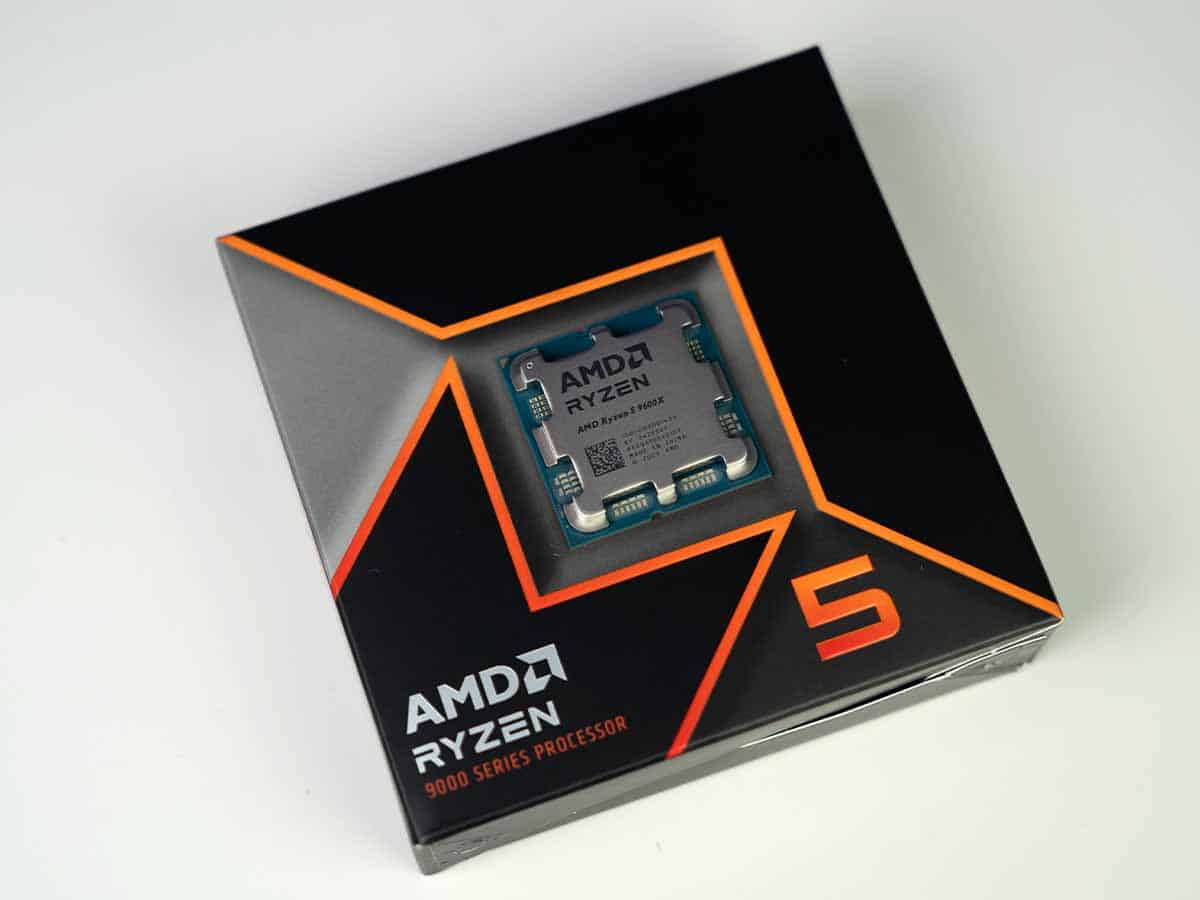
Cores
6
Threads
12
Boost clock speed
5.4 GHz
Base clock speed
3.9 GHz
L3 Cache
32 MB
TDP
65 W
Platform
AMD Socket AM5
Shop on Amazon
CHECK PRICEAMD Ryzen 9 7950X
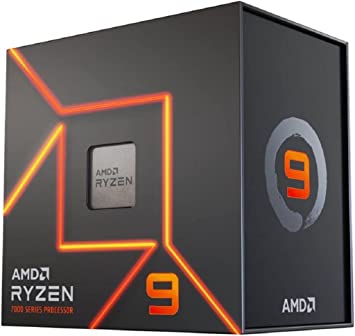
Cores
16
Threads
32
Boost clock speed
5.7 GHz
Base clock speed
4.5 GHz
L3 Cache
64 MB
TDP
170W
Platform
AMD Socket AM5
Shop on Amazon
CHECK PRICESpecification
To see the hardware difference between the two processors, we've listed their specifications below.
| Specifications | Ryzen 5 9600X | Ryzen 9 7950X |
| Architecture | Zen 5 | Zen 4 |
| Socket | AM5 | AM4 |
| Process | TSMC 4nm FinFET | TSMC 5nm FinFET |
| Cores | 6 | 16 |
| Threads | 12 | 32 |
| Base clock speed | 3.9 GHz | 4.5 GHz |
| Boost clock speed | 5.4 GHz | 5.7 GHz |
| L3 Cache | 32 MB | 64 MB |
| TDP | 65W | 170W |
| Integrated graphics | AMD Radeon Graphics | AMD Radeon Graphics |
At first glance, we can see a massive difference between the two processors, as the 7950X takes the in cores, threads, and cache. This begs the question: Would the 9600X’s 4nm process technology be able to provide enough edge to outperform such a massive difference in hardware, or will overtaking the 7950X be too much? We'll discuss the differences in-depth to get a better picture.

Foundations and cores
The biggest difference between these processors is their foundation and core count. The 9600X is based on the Zen 5 architecture, which has a 16% IPC uplift, while the 7950X is based on the Zen 4 architecture. This means the former is powered by 4nm CPU process technology, while the latter uses 5nm.
Just by this, the edge in computing performance goes to the 9600X as it has more transistors on each core, meaning it is more efficient and can execute more instructions per second.

That said, the 7950X does have a massive hardware advantage over the 9600X, with ten extra cores and twenty more threads. On top of that, the 7950X is just 1nm shy, and while that is a big difference, the extra hardware might enable it to overcome the 9600X, and we wouldn't be surprised.
Clock speed
The clock speed is the measure of how many instructions the processor can execute in a second. For example, the base clock speed of the 9600X is 3.9 GHz, while the 7950X has a 4.5 GHz base clock speed. So, the 9600X can execute 3.9 billion, and the 7950X can churn out 4.5 billion instructions in a second.
However, the 9600X should be able to process more, given its architectural advantage, but the Zen 4 powerhouse has more cores and threads at its disposal. So, I think the 7950X wins in this round.
The CPU’s clock speed can be increased by overclocking, but it also increases its TDP and thermal output, meaning you'll have to invest in a good PSU and robust cooling solutions. We recommend using the best power supply for gaming and the best thermal paste to ensure your rig gets the right amount of power and the heat is effectively transferred to the CPU cooler.
Cache and TDP
The cache is a high-speed memory on the CPU that stores frequently accessed data so that the CPU doesn't have to utilize resources to call that specific data. This helps reduce access times and improves the overall efficiency.
The 7950X has double the L3 cache of the 9600X, meaning it can store much more data on-board. Whether it'll be able to get it out much quicker is yet to be seen, but the 9600X always has the Zen 5 trump card in its pocket.
As for the TDP, it isn't surprising that the 7950X consumes 170W, whereas the 9600X has a humble 65W power draw. So, when it comes to energy efficiency, the 9600X wins by a landslide.
Graphic capabilities
The Ryzen 5 9600X and the Ryzen 9 7950X have integrated graphics, meaning it’s a draw as both should enable you to boot or troubleshoot the PC without a discrete GPU. That said, the former has RDNA-3-based integrated graphics compared to the latter’s RDNA-2 iGPU.
Our fellows at WePC put the 7900X through its paces, which included testing how its iGPU performed. It managed 131 FPS in CS:GO at 1080p High settings and 56 FPS in GTA V at 1080p low. So, the next iteration of these integrated graphics should perform even better, and basic tasks like using the Microsoft Office suite should already be a piece of cake for it.
Pricing of the 9600X and 7950X
The 9600X is available with a price tag of $279. It was previously expected to be $299. On the other hand, as the 7950X is a high-end processor, it comes with a premium price tag of $523. So, there is a difference of $244 between the two CPUs.
How have these CPUs changed from the last generation?
| Specifications | 9600X | 7600X | 5600X |
| Cores | 6 | 6 | 6 |
| Threads | 12 | 12 | 12 |
| Cache | 32 MB | 32 MB | 32 MB |
| Max boost clock | 5.4 GHz | 5.3 GHz | 4.6 GHz |
| Base clock speed | 3.9 GHz | 4.7 GHz | 3.7 GHz |
| TDP | 65W | 105W | 65W |
| Architecture | Zen 5 | Zen 4 | Zen 3 |
The first three specifications across all processors are the same, but the difference is between the architecture, TDP, and clock speeds. The 9600X has the fastest boost clock, while the 7600X takes over with the fastest base clock speed.
The 7600X has the highest TDP of 105W, which is high considering that the “600X” processors are budget and energy-efficient picks. That said, the 9600X has a low TDP of 65W, which is back to what we're used to seeing. What this speaks toward is better efficiency as more transistors are fitted on the CPU cores.
We compared the 5900XT to the 5900X and the 3900X and saw a massive difference in the cores and threads.
| Specifications | 7950X | 5950X | 3950X |
| Cores | 16 | 16 | 16 |
| Threads | 32 | 32 | 32 |
| Cache | 64 MB | 64 MB | 64 MB |
| Max boost clock | 5.7 GHz | 4.9 GHz | 4.7 GHz |
| Base clock speed | 4.5 GHz | 3.4 GHz | 3.5 GHz |
| TDP | 170W | 105W | 105W |
| Architecture | Zen 4 | Zen 3 | Zen 2 |
The 7950X and its predecessors share a similar scenario, as they all have the same core count, threads, and L3 cache. However, the 7950X has the highest TDP, 170W, while the 5950X and 3950X share a much lower 105W TDP.
As for the clock speed, the Zen 4 champion has the fastest max boost and base clock speed, putting it leagues above the rest.
Alternatives to the 9600X and the 7950X
There are some processors that you could opt for instead of the 9600X and the 5900XT, and we've listed them below. We've reviewed some of these alternative options, and you can also check out their in-depth reviews.
9600X alternatives
-
AMD Ryzen 5 7600X
- Cores: 6
- Threads : 12
- Boost clock speed: 5.3 GHz
- Base clock speed: 4.7 GHz
- L3 Cache: 32 MB
- TDP: 105W
-
AMD Ryzen 5 5600X
- Cores: 6
- Threads : 12
- Boost speed : up to 4.6 GHz
- Base speed: 3.7 GHz
- L3 Cache: 32 MB
- TDP: 65W
-
Intel Core i5-13600K
- Cores: 14 (6P-8E)
- Threads: 20
- Boost speed : P-Core 5.1GHz / E-Core 3.5GHz
- Base speed: P-Core 3.5GHz / E-Core 2.6GHz
- L3 Cache: 24MB
- TDP: 181W
-
Intel Core i5-12600K
- Cores: 10 (6P + 4E)
- Threads: 16
- Boost Clock Speed: 4.9 GHz P / 3.6 GHz E
- Base Clock Speed: 3.7 GHz P / 2.8 GHz E
- L3 Cache: 20 MB (shared)
- TDP: 125W
7950X alternatives
-
AMD Ryzen 9 7900X
- Cores: 12
- Threads : 24
- Boost clock speed: 5.6 GHz
- Base clock speed: 4.7 GHz
- L3 Cache: 64 MB
- TDP: 170 W
-
AMD Ryzen 9 7900X3D
- Cores: 12
- Threads: 24
- Boost clock speed: 5.6 GHz
- Base clock speed: 4.4 GHz
- L3 Cache: 128MB
- TDP: 120W
-
Intel Core i9-13900K
- Cores: 24 (8P-16E)
- Threads: 32
- Boost speed : P-Core 5.8GHz / E-Core 4.3GHz
- Base speed: P-Core 3.0GHz / E-Core 2.2GHz
- L3 Cache: 36 MB
- TDP: 253 W
-
Intel Core i9-14900K
- Cores: 24 (8P-16E)
- Threads: 32
- Boost clock speed : P-Core 5.8GHz / E-Core 4.4GHz
- Base clock speed: P-Core 3.2GHz / E-Core 2.4GHz
- L3 Cache: 36 MB
- TDP: 253W
Which one should you go for?
There is so much difference between these two processors that there isn't a one-size-fits-all answer to this question. The 9600X features the latest Zen 5 architecture and the performance boost that comes with it. That said, it is still an entry-level CPU and lacks cores and threads to handle workstation-level processes.
However, for a budget or mid-range gaming rig, it should be more than enough. It has a decent iGPU, and its next-gen hardware should be able to handle gaming at various resolutions.
On the other hand, the 7950X is a productive and gaming monster capable of handling even the most resource-intensive applications without breaking a sweat. It does have a high TDP and will need a good CPU cooler, but extreme performance comes at a price.
With this processor powering your rig, you shouldn't feel the need to upgrade for a couple of years, and just because the new generation of CPUs is launching doesn't make the previous one instantly obsolete.
So, depending on your use case and budget constraints, choose the CPU that best meets your needs.


